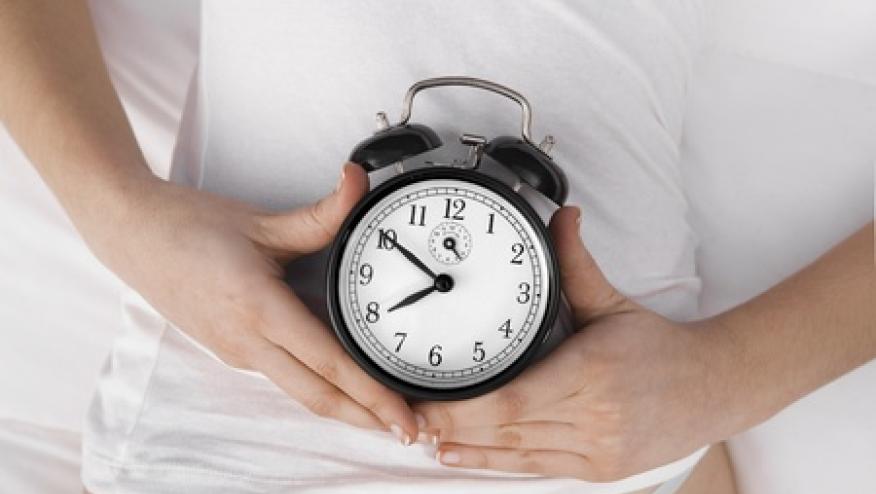Better Responses with Chronotherapy for Baricitinib Save

A nonrandomized, open-label, controlled trial has shown superior efficacy when baricitinib was given at night (instead of day); attesting to the benefits of chronotherapy - selective dosing meant to target the body's diurnal variations.
Chronotherapy implies that we may selectively target cytokine secretion (with better drug responses) if we dose in accordance with known circadian rhythms with certain cytokines, such as IL-6. This clinical study aimed to evaluate the effectiveness of night-time baricitinib (BAR) administration based on cytokine secretion.
A one year multicenter non-randomized controlled study, 122 patients with RA were treated with baricitinib and assigned to four groups:
- baricitinib 2 mg morning (BAR2MORN)
- baricitinib 2 mg evening (BAR2EVE)
- baricitinib 4 mg morning (BAR4MORN)
- baricitinib 4 mg evening (BAR4EVE).
The primary endpoint was ACR20 responses at at week 12.
Best responses were seen with BAR4EVE (vs BAR4MORN) - 78.2 vs. 43.3%; p < 0.001.
No significant difference was observed comparing BAR2EVE and BAR2MORN (75.5 vs. 60.6%; p = 0.10). But BAR2EVE demonstrated higher ACR20 at weeks 4, 24, and 52 and ACR50 at weeks 4 and 12 than BAR2MORN.
BAR4EVE demonstrated higher ACR20/50 at weeks 4, 8, and 12 and ACR70 at weeks 8, 12, and 24 than BAR4MORN.
Chronotherapy targeting cytokine secretion in the evening optimized drug responses, Suggesting a new potential way of using JAK inhibitors in RA.










If you are a health practitioner, you may Login/Register to comment.
Due to the nature of these comment forums, only health practitioners are allowed to comment at this time.